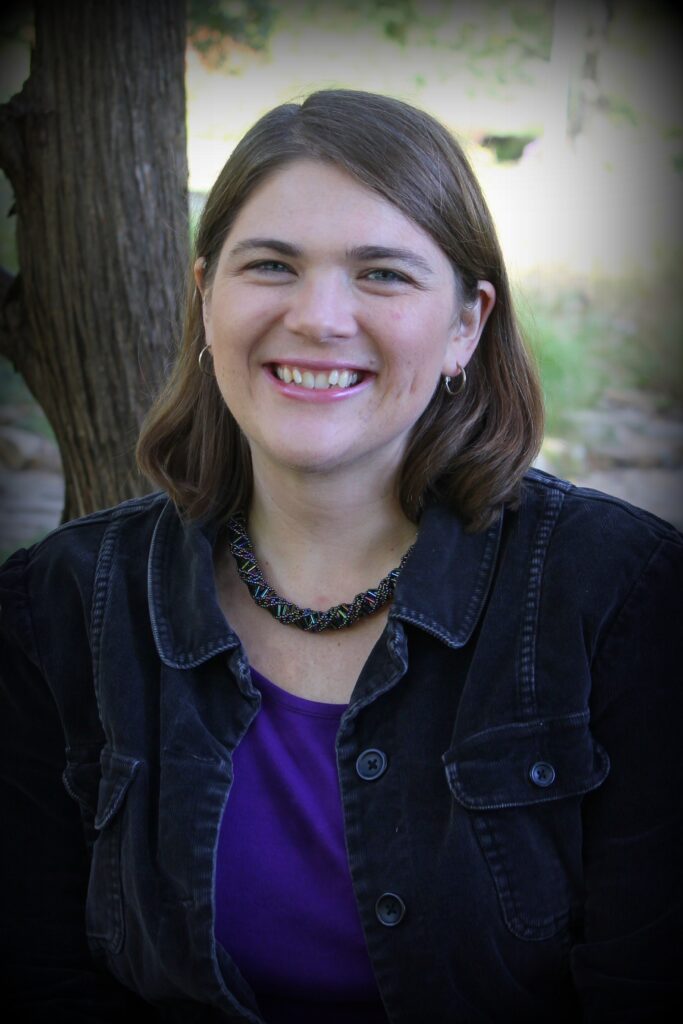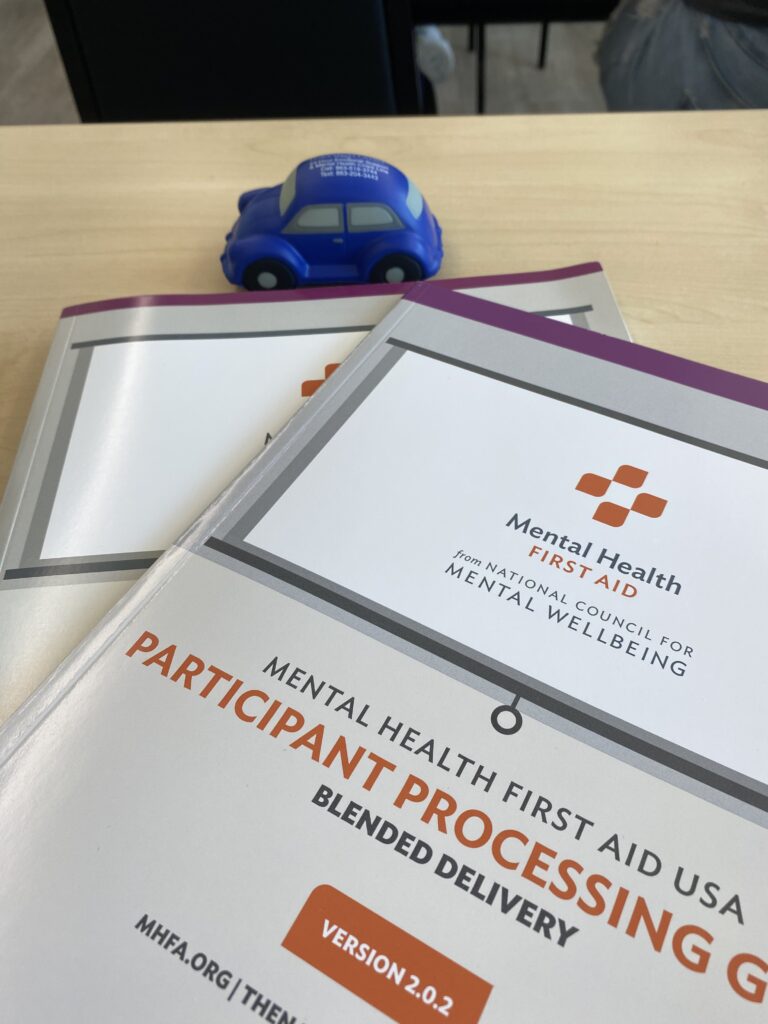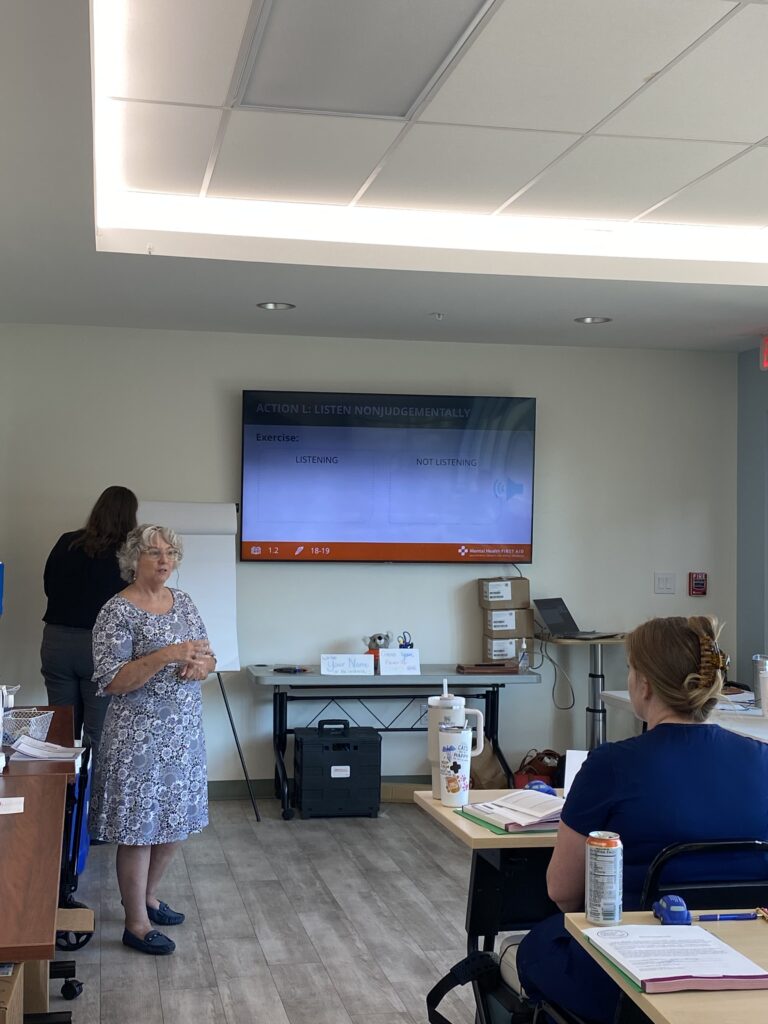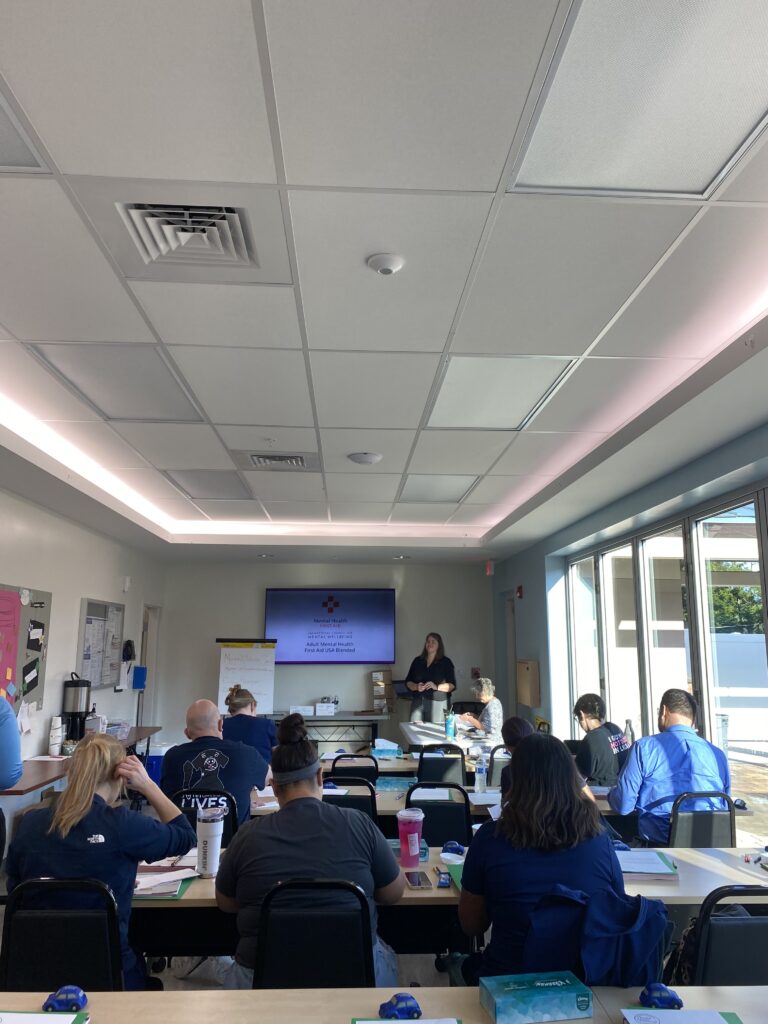Peace River Center Offers Mental Health First Aid
by REBEKAH PIERCE
An ounce of prevention is worth a pound of cure. This timeless adage is something we think about often when it comes to our physical health, but not necessarily what’s going on inside our heads.

Yet the reality is that, in 2024, mental health challenges are more common than you might think. According to the CDC, it’s estimated that more than one in five US adults live with a mental illness, with Harvard Medical School reporting that your lifetime likelihood of developing a mental health disorder is about 50%.
The problem with identifying and treating mental health challenges, however, is that unlike physical ailments, emergency mental health problems are typically invisible. You can’t see anxiety or depression like you can a severe burn or a deep cut.
So many of us don’t know how to help someone experiencing a mental health crisis. Mental health first aid is here to change that.
What Is Mental Health First Aid?
Mental health first aid is an evidence-based, early intervention course that teaches participants about mental health and substance abuse challenges. Think of it as the mental health equivalent of CPR — it’s not necessarily about providing treatment, but offering initial support to somebody who is suffering until they can access professional help.

Morgan Whitaker Smith is a licensed mental health counselor who teaches these courses at the Peace River Center. She emphasizes the powerful role that this kind of training plays in fostering a supportive community. “Each of us can play a part in helping make our communities healthier and making it safer for people when they are experiencing a crisis or challenge.”
Early intervention strategies serve as a hallmark of the program. “The course helps them recognize what the signs/symptoms might be of early, worsening, and crisis situations,” says Smith. It also “provides a framework for people who want to help but don’t know what to say or have the words to say it.”
Just like medical first aid doesn’t turn you into a surgeon, mental health first aid doesn’t make you a therapist. Instead, it equips you to provide initial support and bridge the gap until professional help arrives.
“We offer the opportunity to practice actually asking questions,” Smith says. “Just like when you take CPR classes and you practice CPR in the moment — so if and when you ever need to do it, you’ve walked yourself through it before and someone has shown you how to do it.”
The training plays an important part in reducing the stigma surrounding mental health issues, encouraging open conversations and making it easier for people to seek help without the fear of judgment.
What Does the Mental Health First Aid Course Cover?
This is a resource that’s open to anyone who wants to make a difference in the community, says Smith. There are different versions of the course available for different populations, including law enforcement, rural communities, and older adults. It’s available in person, online, and in a hybrid format.
Currently, Peace River Center offers two versions for the general population — one for working with adults, and the other for working with children and youths. “We have a commitment to providing training at low or no cost,” Smith adds.

The course includes an overview of the basics of mental health, including how to identify signs and symptoms of commonwealth health conditions like anxiety and depression. It also helps participants identify when symptoms might be worsening, and when a person is entering a crisis situation, Smith continues.
“We never want people to be in a situation where they expect someone might be experiencing suicidal thoughts but don’t know how to ask the question,” she says.
Just like you don’t learn how to do open heart surgery in a CPR class, you won’t be learning how to conduct therapy sessions in a mental health first aid course, either.
Instead, you’ll be taught how to be a supportive learner, how to offer hope with facts, and how to get individuals connected to the professional help they need. It also discusses self-care strategies for caregivers, who can easily become burned out from the emotional toll intervention can have.
Who Should Sign Up?
Smith believes strongly that this course is valuable for anyone.
“If you have the feeling that you might be able to support someone but think, ‘I’m not up to the challenge,’ or ‘I don’t know what to say,’ the fact that you’re already thinking in that direction means you’re someone people perceive as helpful,” she says. “Never be afraid to come get the tools and support you need. Never be afraid to reach out to others and check on them to see how they’re doing. That’s how we, as a community, get healthier.”
Ready to learn more? Visit the Peace River Center website — https://www.peacerivercenter.org — to find out when courses are being offered. By developing these skills, we can build a stronger, happier, and healthier community together.
